![[feature] 7 Things Not to Clean with Vinegar](https://blogger.googleusercontent.com/img/b/R29vZ2xl/AVvXsEjY0t4id1VFXUpdbyXiEvJzZ4QVGpGf-vCdL0P4y8KwJpM7znagbY1mU-ale3OftsguwIvq8JfTtrkIH0Wmz76xJfpW8Ys833DAeCuYooGtV_A0W09wUbEEWaLcf-_cKuVBiQpm8eLN5-M/s1600/cake.dearjulius.com.jpg) |
| © belchonock/Getty Images |
By Morgan Cutolo, Family Handyman
In most cases, vinegar is a great all-purpose cleaner, but there are some things that you shouldn't clean with it.
Granite and Marble Counter tops
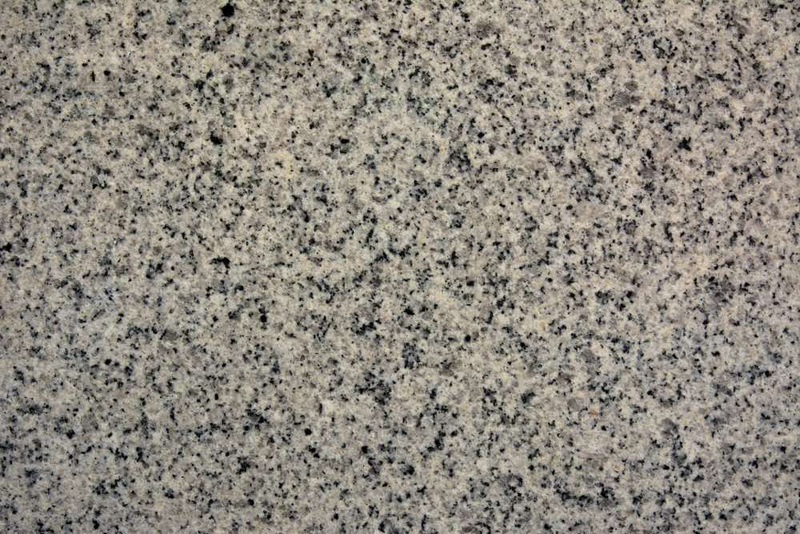 |
| © SAQUIZETA/Shutterstock |
Using vinegar to clean your granite or marble counter tops can ruin their smooth, shiny surface. "The acidic cleaners may etch the granite top and leave a dull or discolored spot behind," says Lily Cameron, a cleaning professional and supervisor at Fantastic Services. "Instead, a safer cleaning solution is to use a mixture made of 5 drops of dish soap, seven-ten drops of rubbing alcohol, and a cup of water." Check out these cleaning hacks you'll want to steal from professional house cleaners.
Waxed Furniture
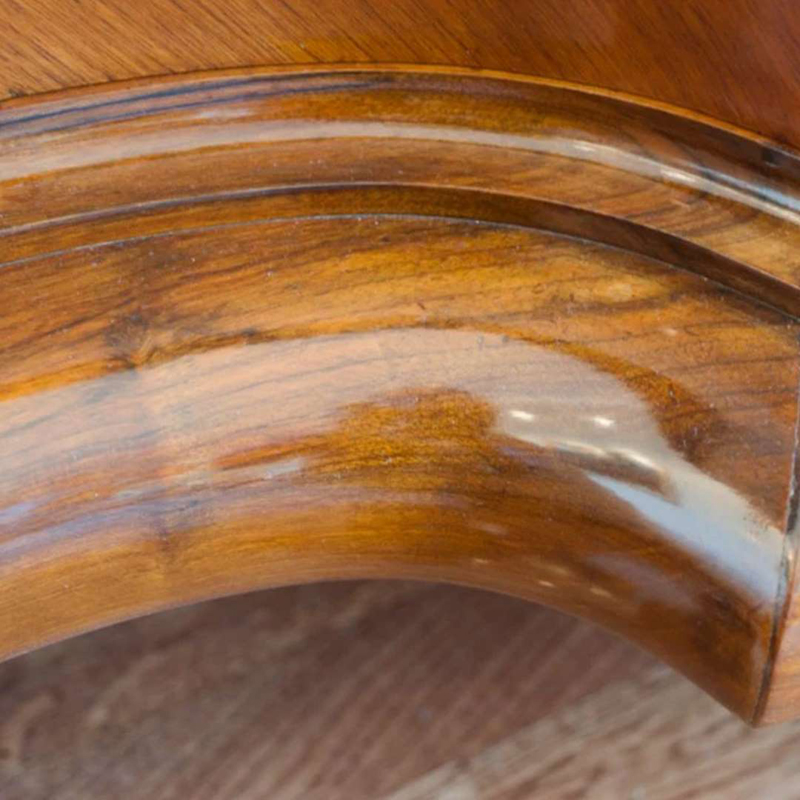 |
| © trezordia/Shutterstock |
Using vinegar to clean your waxed furniture will dissolve the wax and leave the surface looking dull, says Cameron. Use a wax cleaning solvent to maintain the surface of your furniture instead.
Stone Floor Tiles
 |
| © esunghee/Shutterstock |
If you have natural stone tiles anywhere in your house, avoid cleaning them with vinegar, lemon, or ammonia. The acidity in the products etches and dulls the stone, says Elena Ledoux, owner of Superb Maids in Las Vegas, Nevada. To repair, it will require a very expensive re-polishing process.
Egg Spills
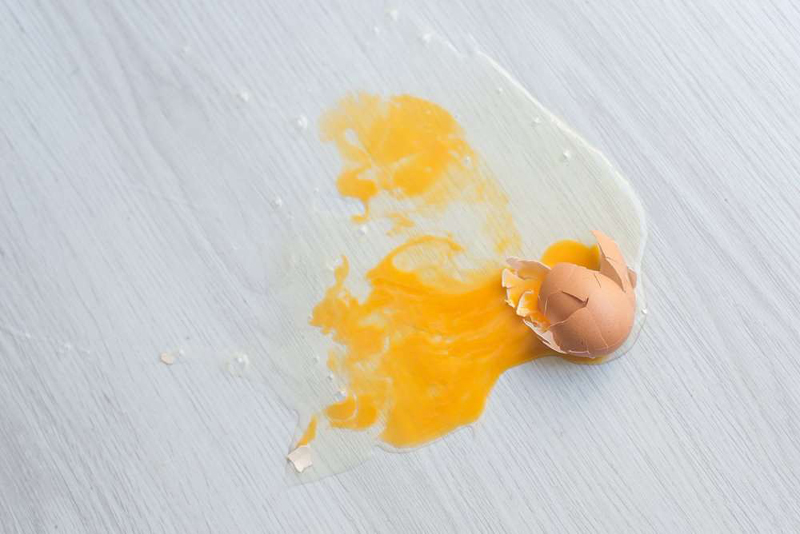 |
| © Happy Together/Shutterstock |
"Cleaning egg messes with vinegar solution will cause the protein enzymes in the egg to coagulate and will make the stains even more impossible to clean up," says Cameron. So, if you drop one on the floor while cooking, it’s better to wipe them up with something else. She suggests using some soap and warm water instead.
Clothing With a Mixture of Bleach
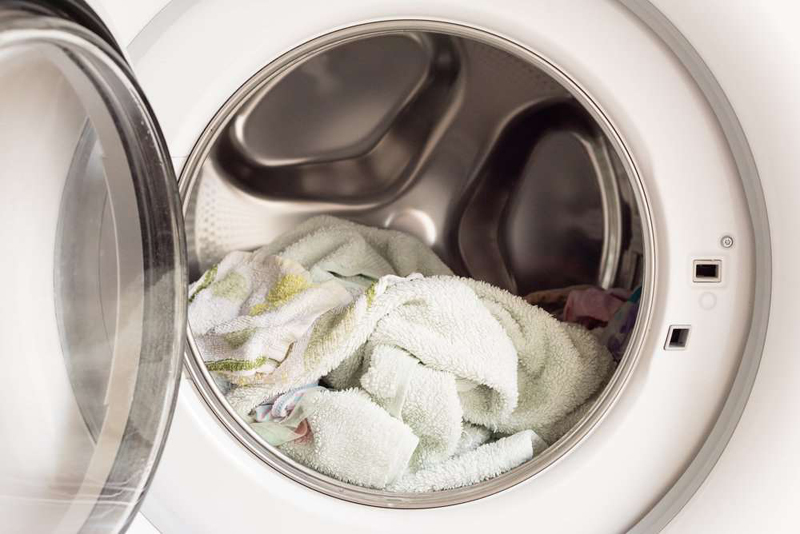 |
| © Natalie Board/Shutterstock |
Vinegar works great in the washer to get the musty smell out of your clothes and have them looking clean, but don’t think about throwing bleach in there, too. Mixing vinegar and bleach creates a toxic gas which is really bad for you and even worse for your clothes.
Hardwood Floors
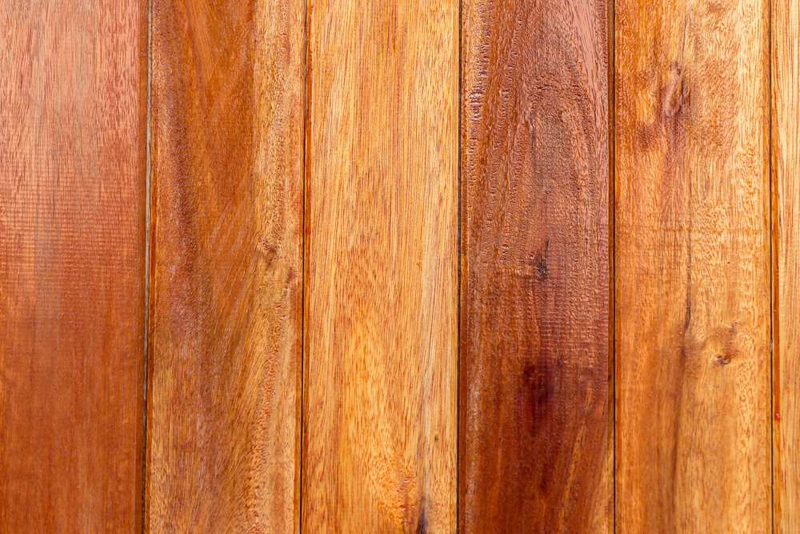 |
| © smolaw/Shutterstock |
This one varies depending on the finish of your floors. Using vinegar on some hardwood floors will damage the finish. While it’s best to use a cleaner specifically designed for cleaning finished hardwood floors, Cameron says that if you heavily dilute the vinegar with water or other cleaning ingredients, your floors should be fine. However, if you don't want to take that risk, a safer, DIY solution is a mixture of liquid detergent and water.
Pearls
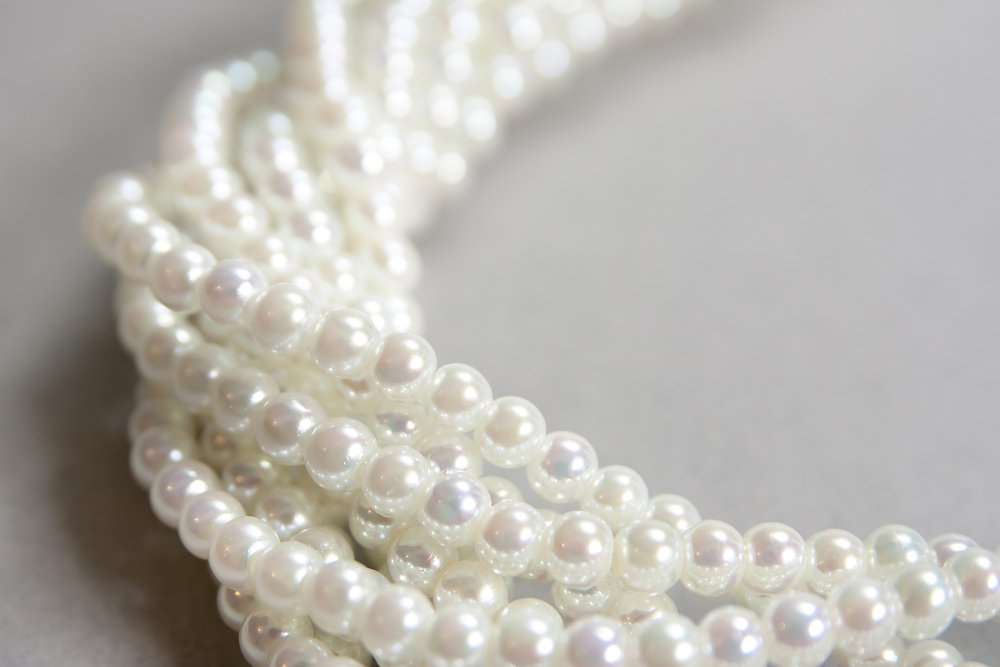 |
| © Natalia D/Shutterstock |
Pearls are made up of marble, limestone, and calcium carbonate. If exposed to vinegar, the calcium carbonate in the pearl will react with the acid in the vinegar, causing it to dissolve. To avoid damaging your pearls, Cameron recommends cleaning them with a soft cloth dipped in a solution of lukewarm water and mild dish soap.























